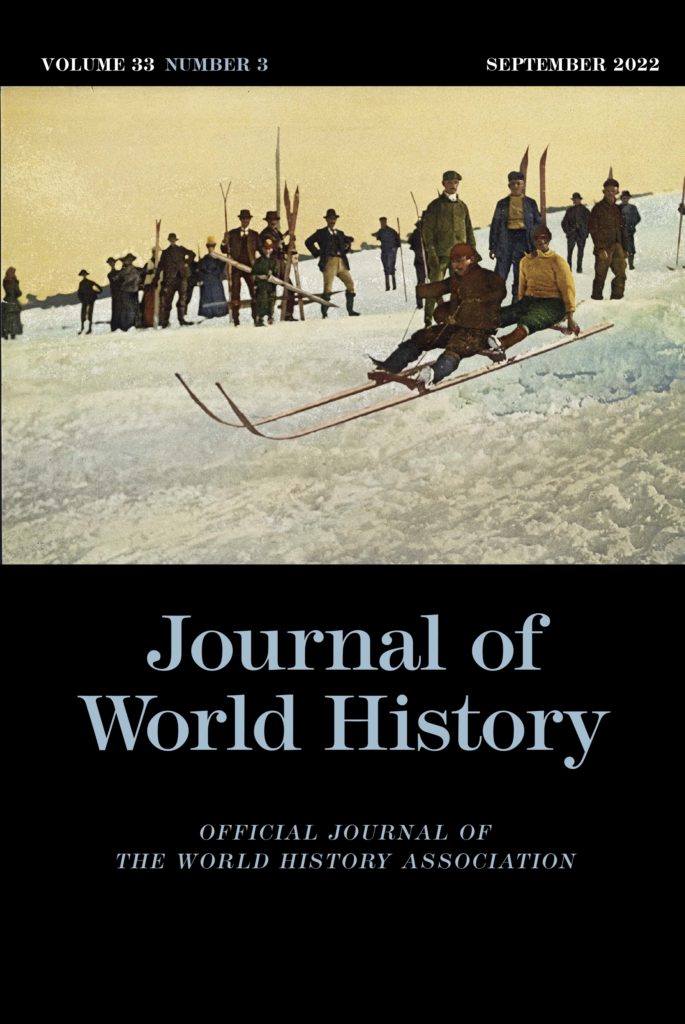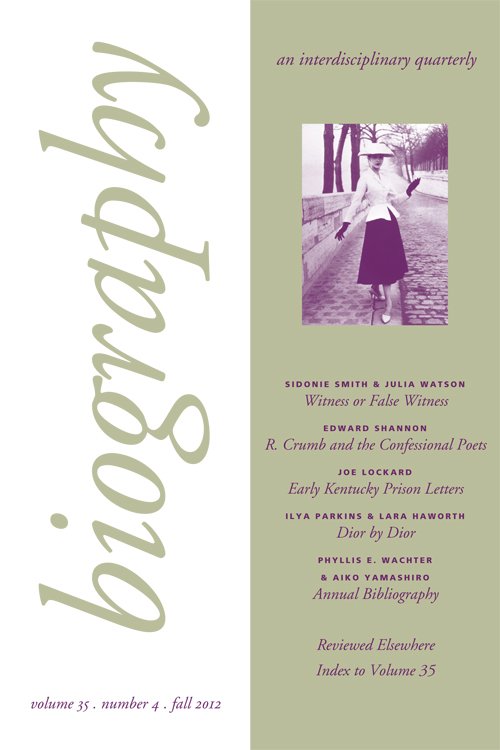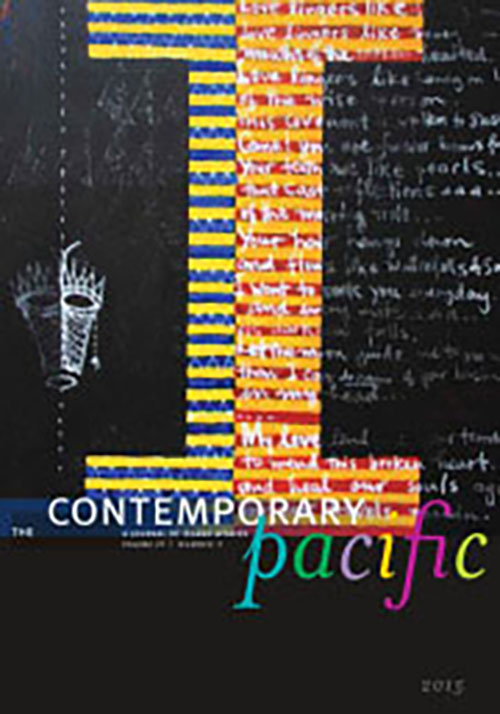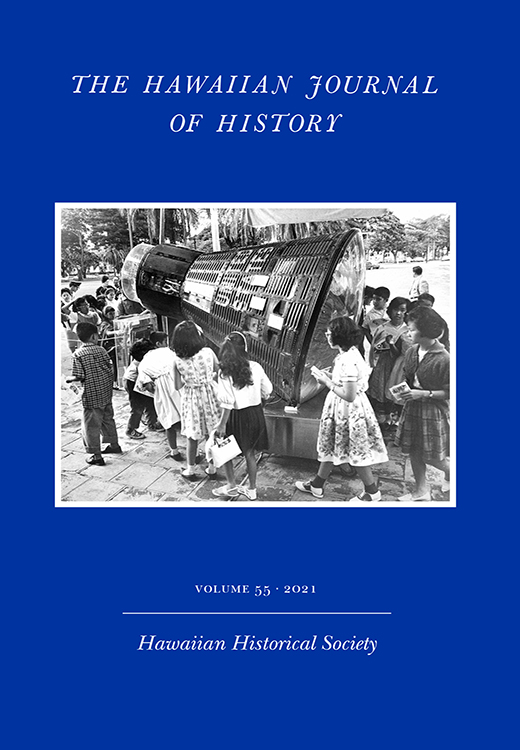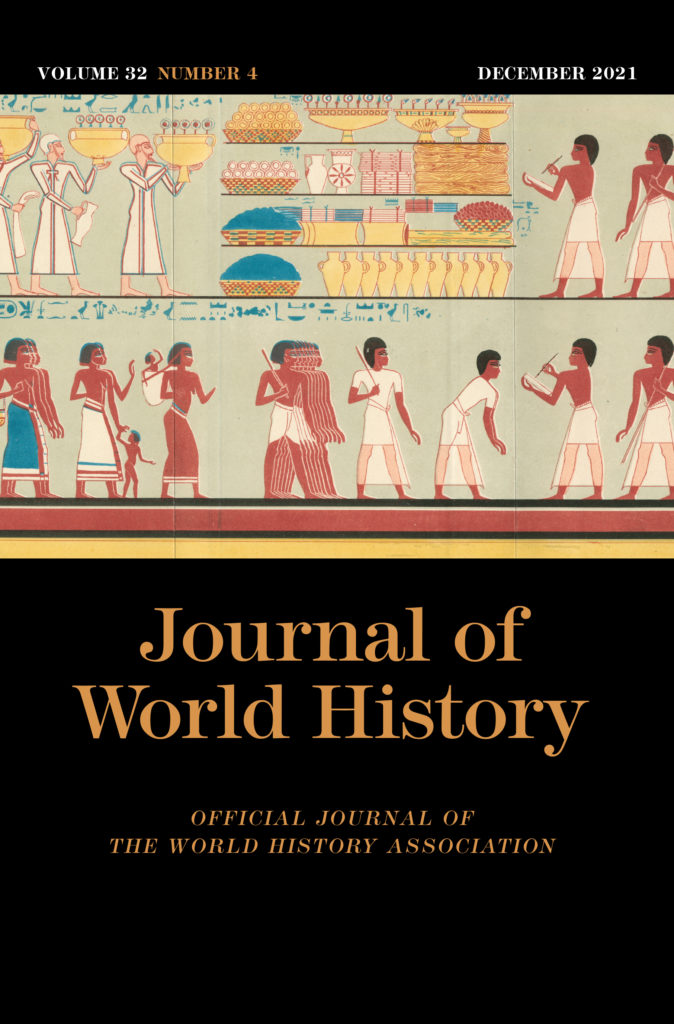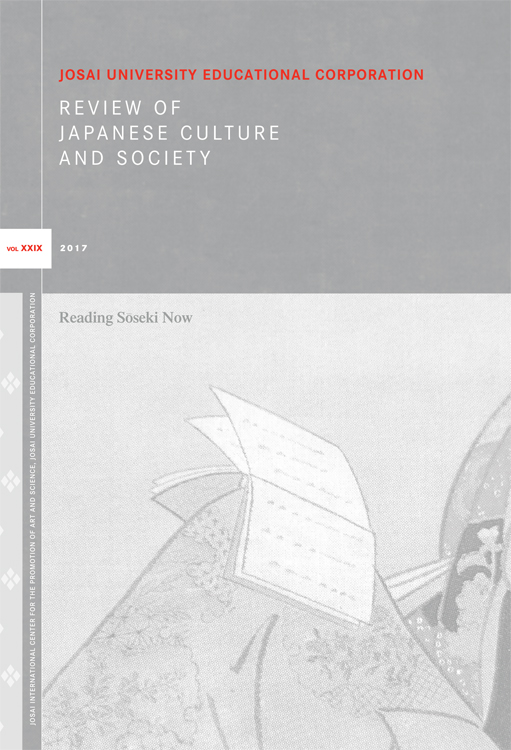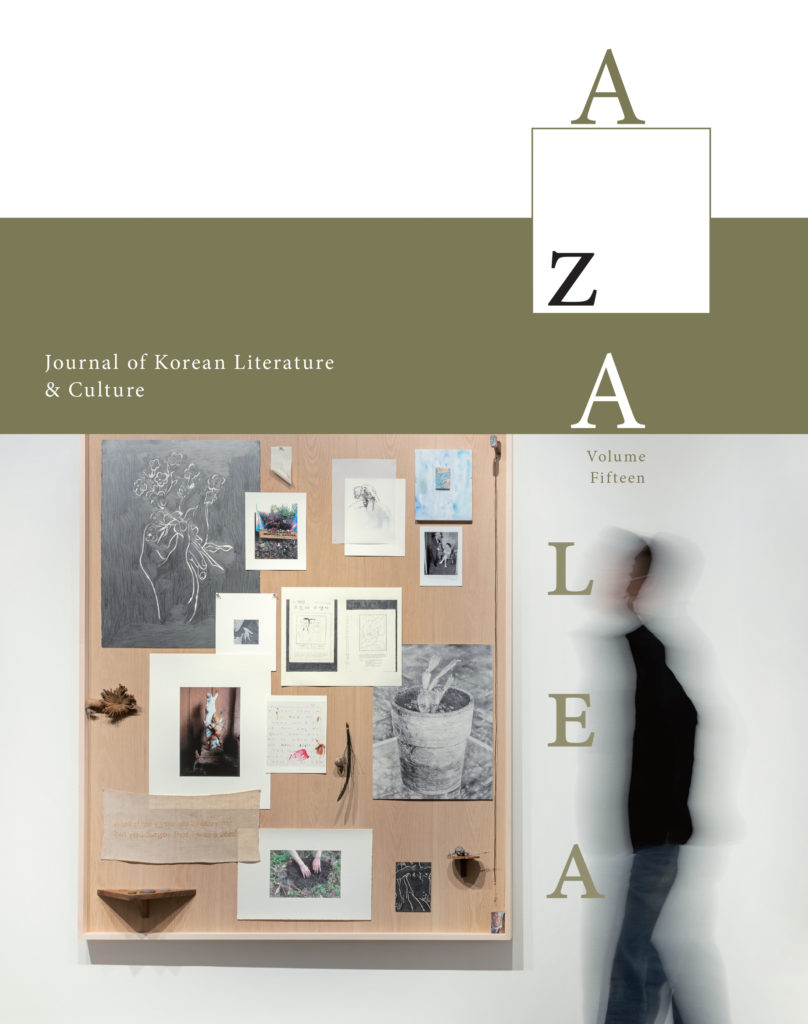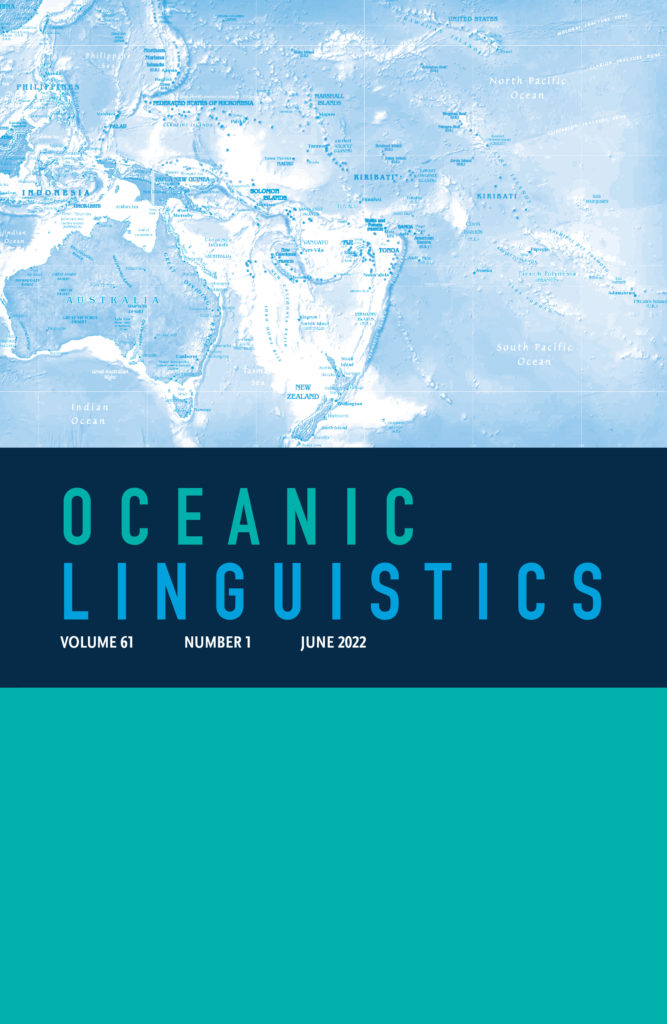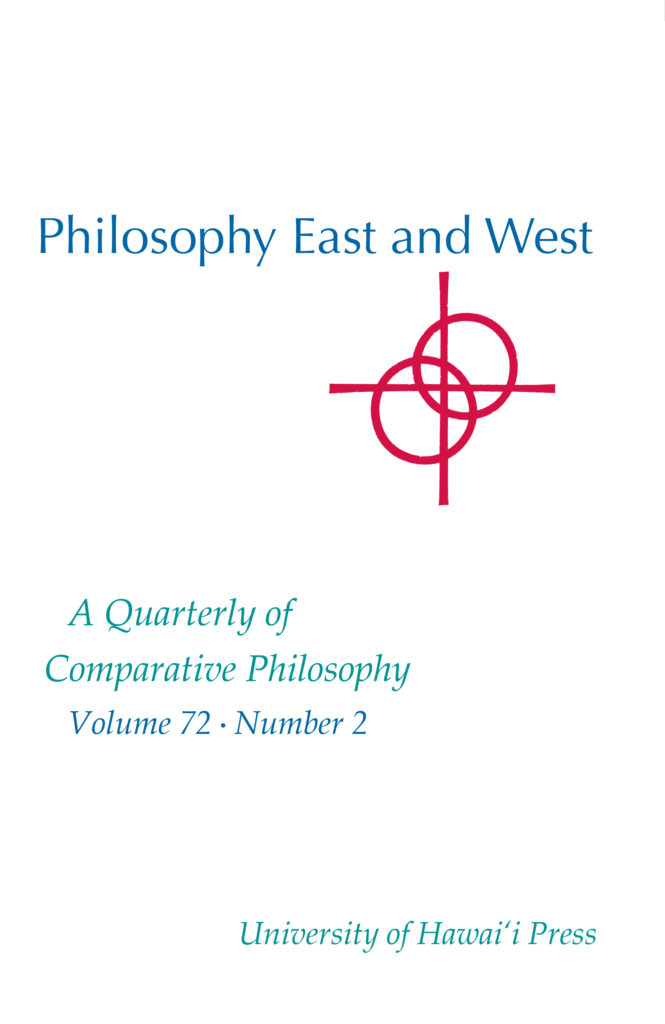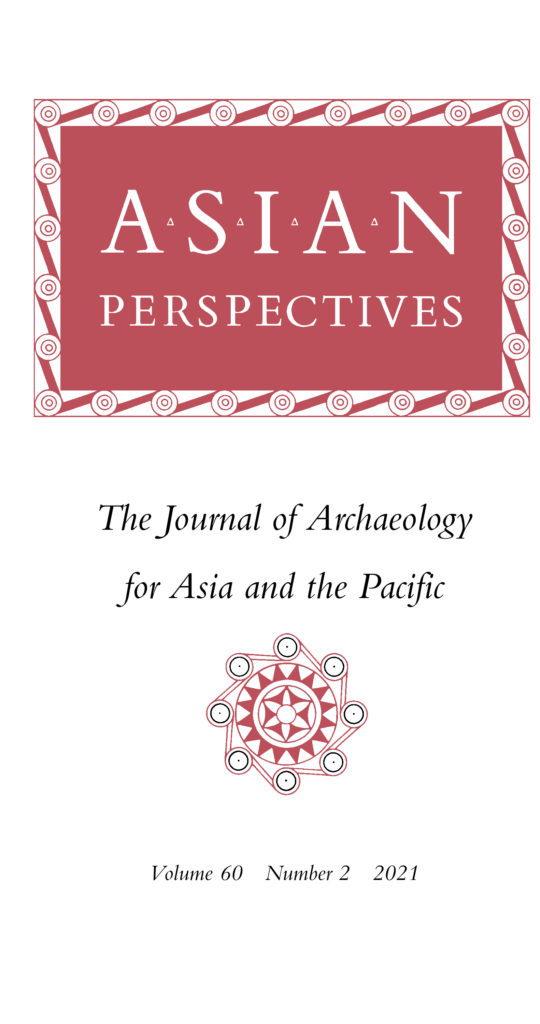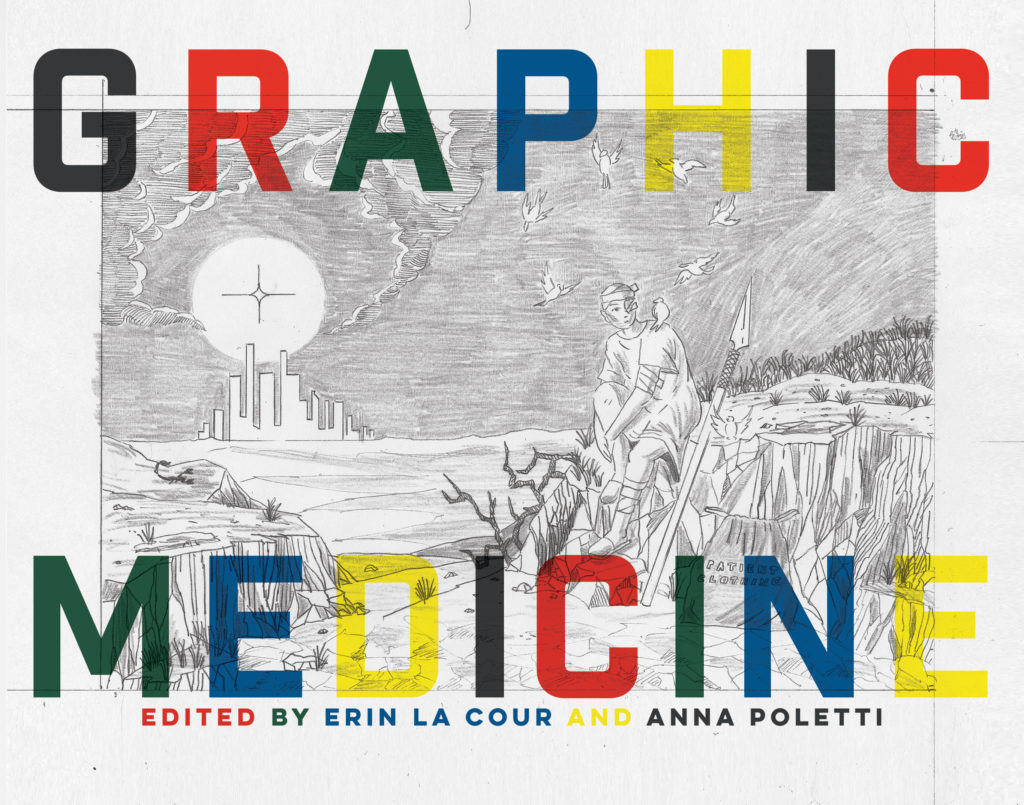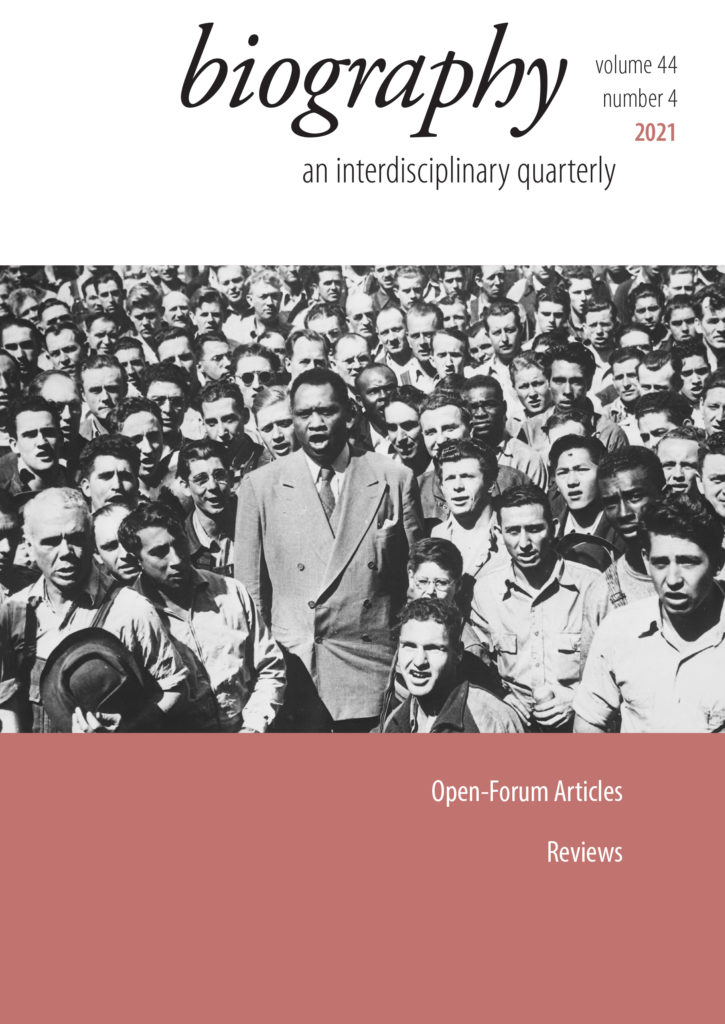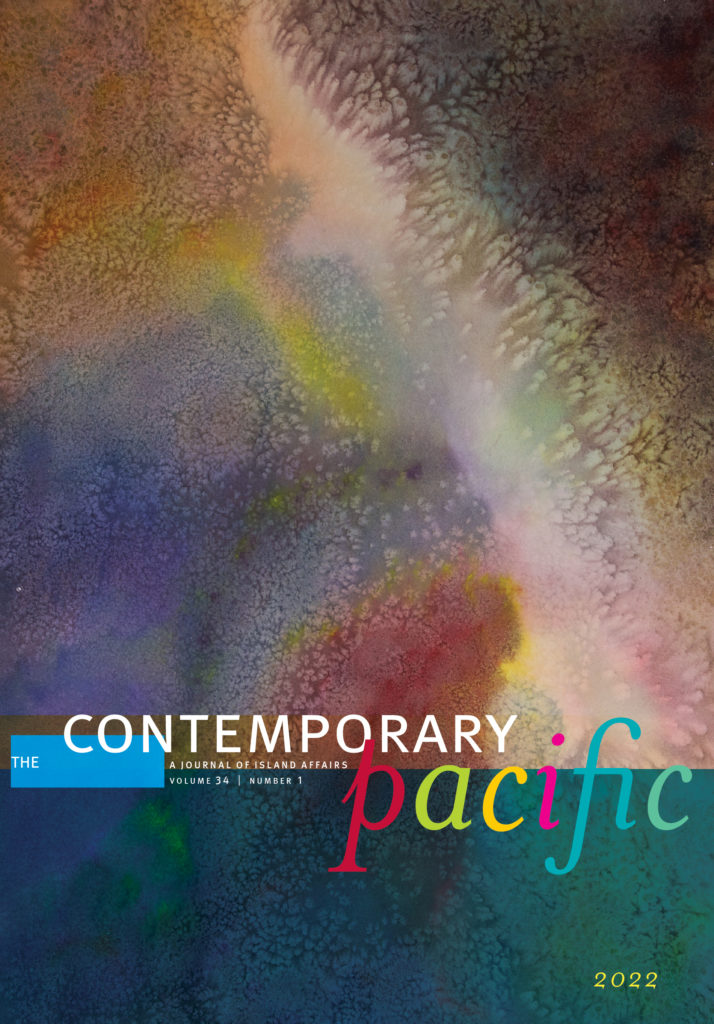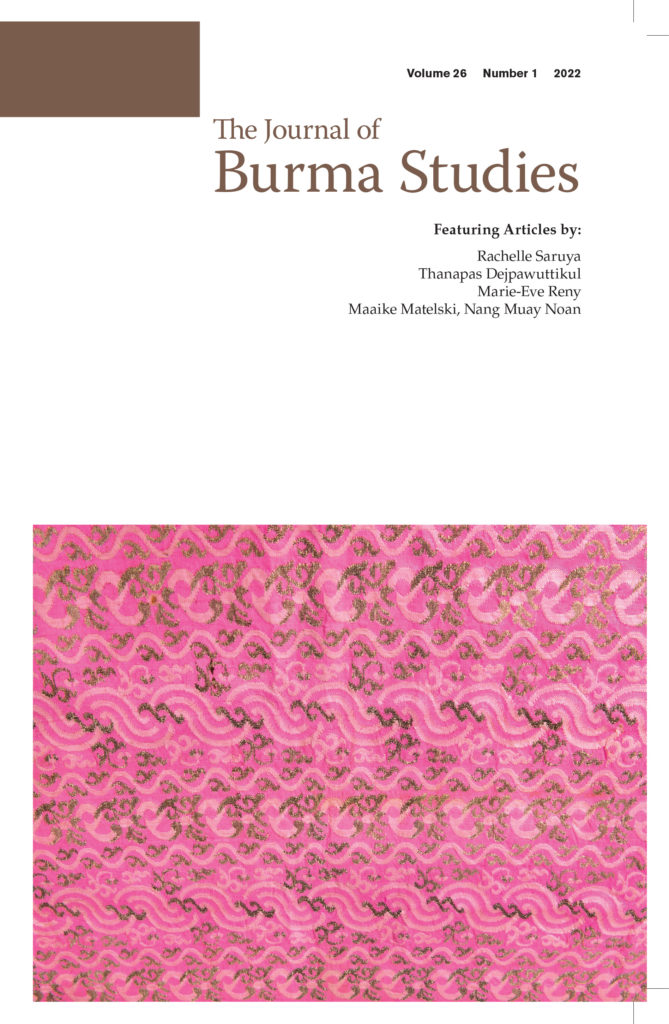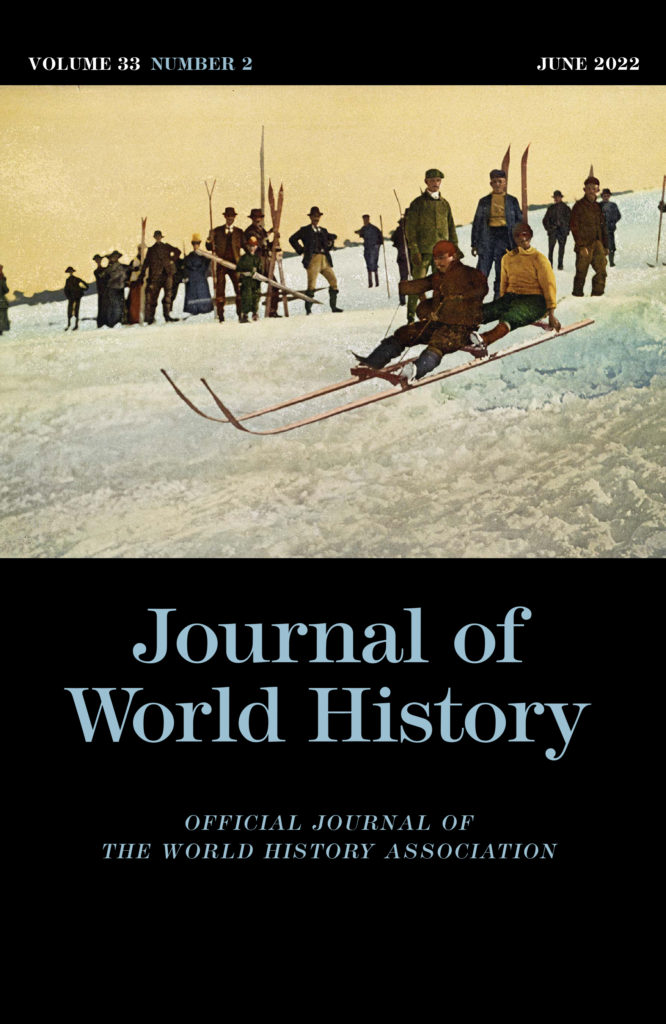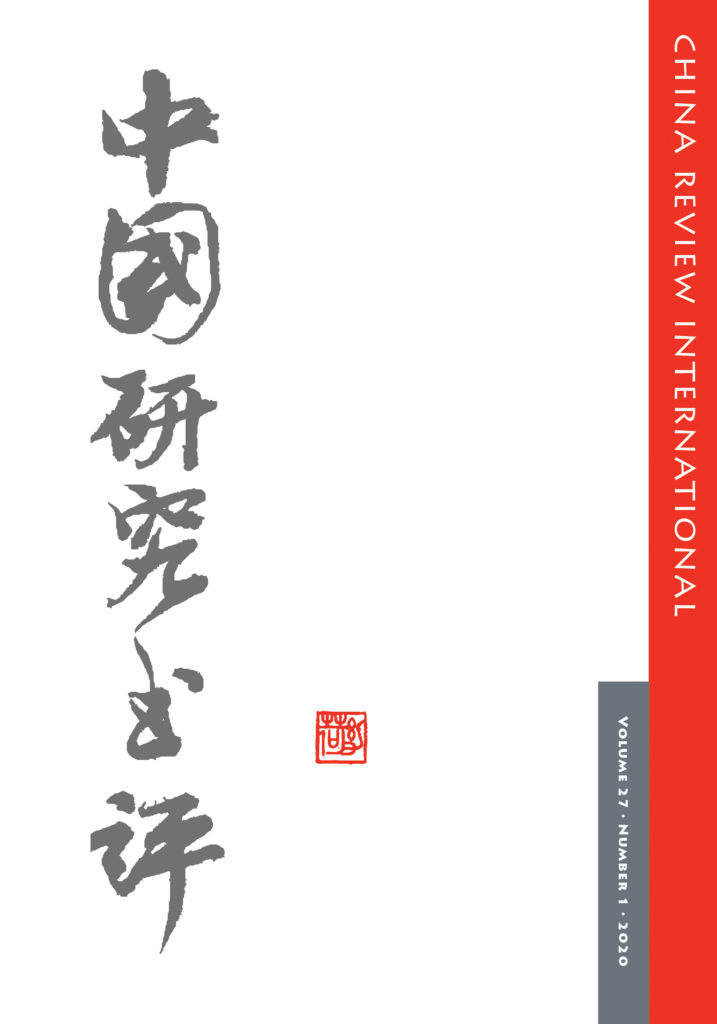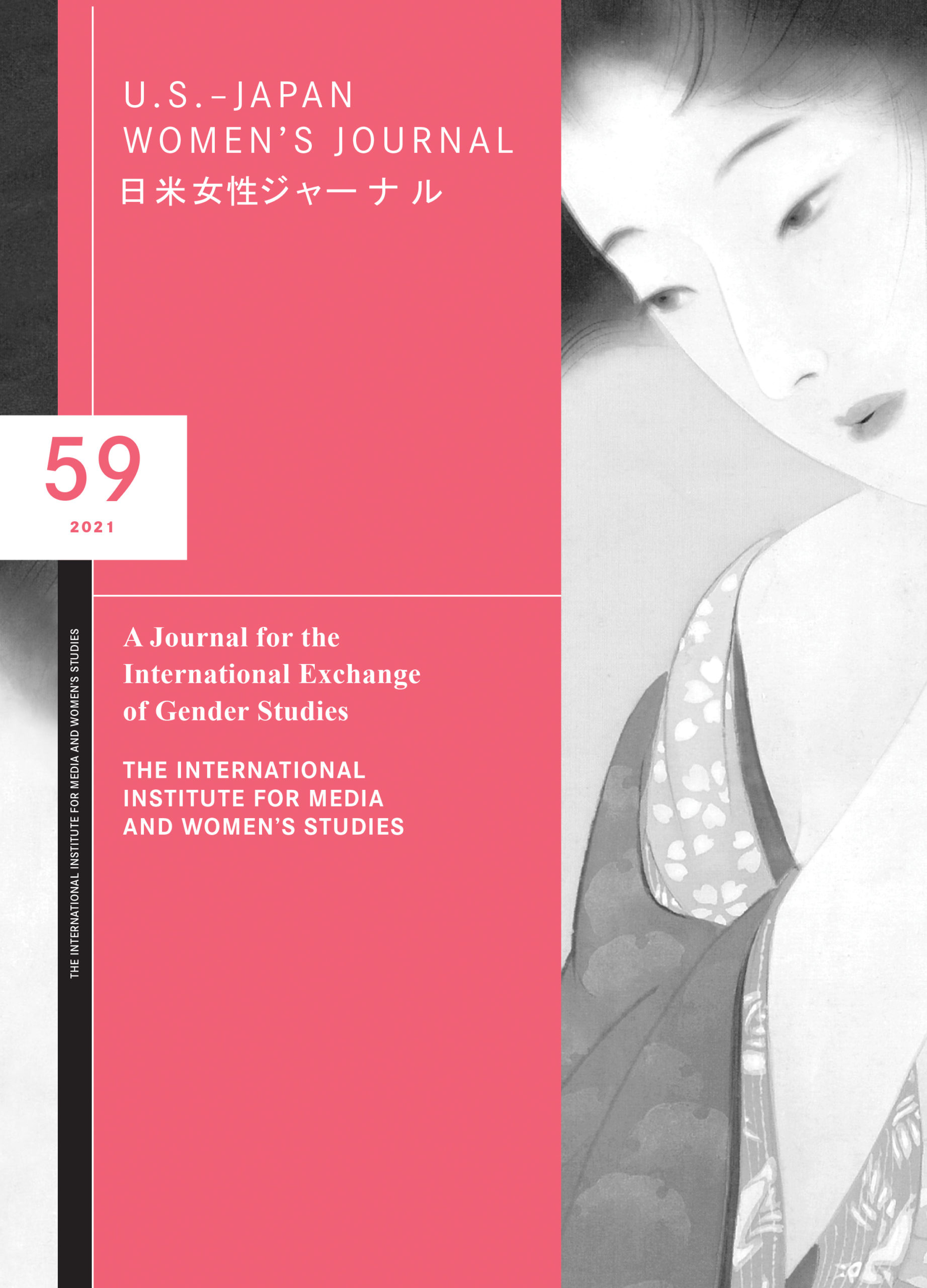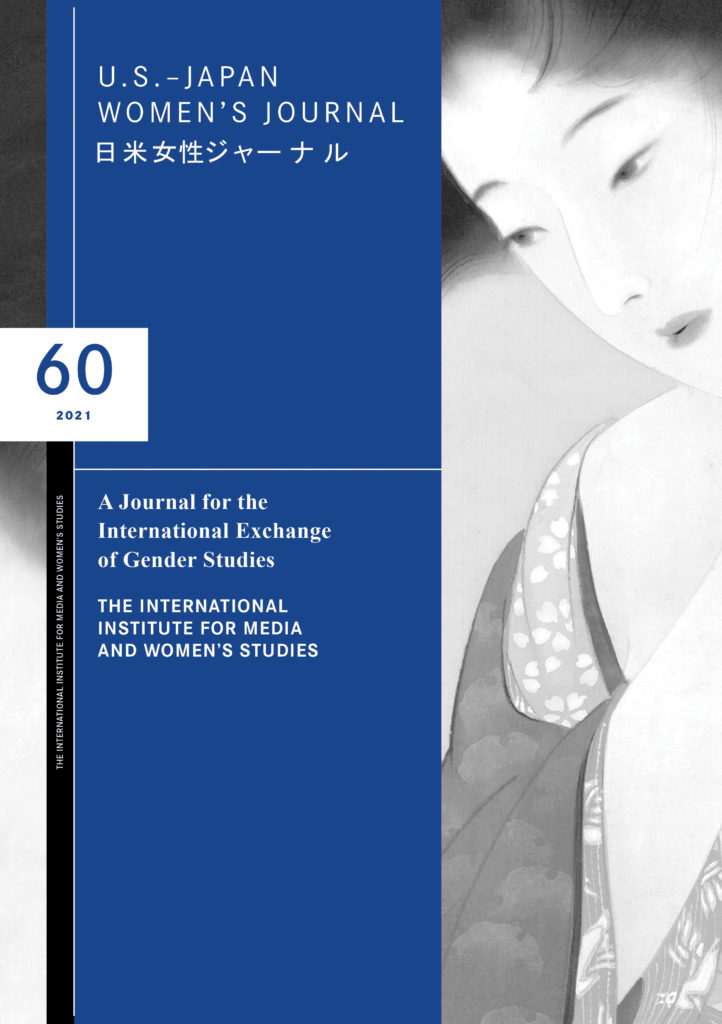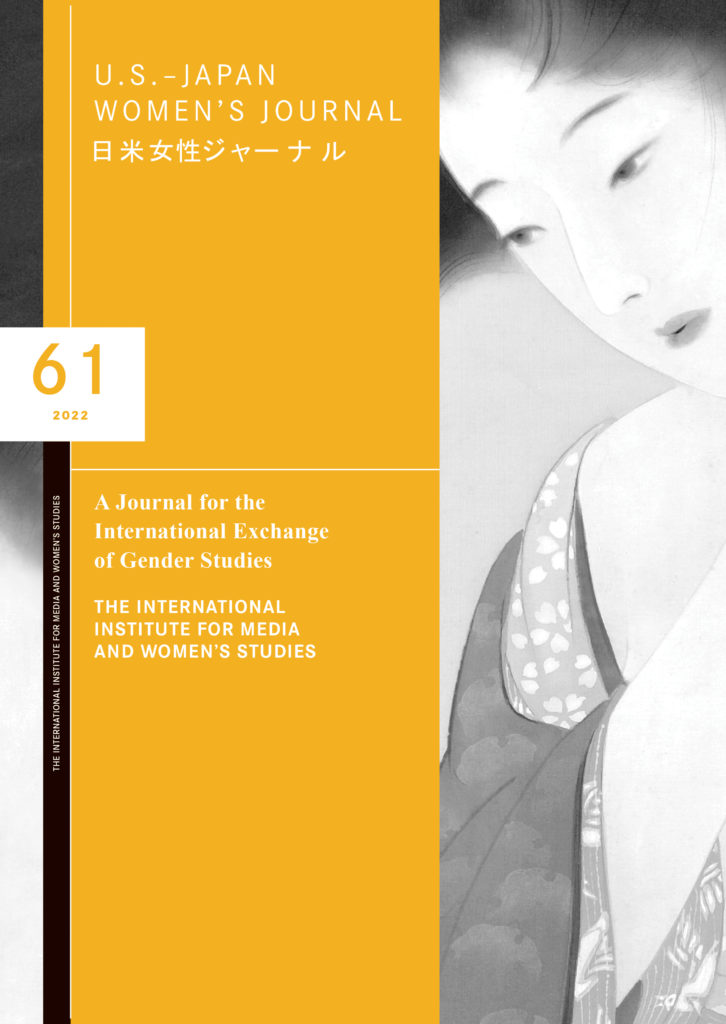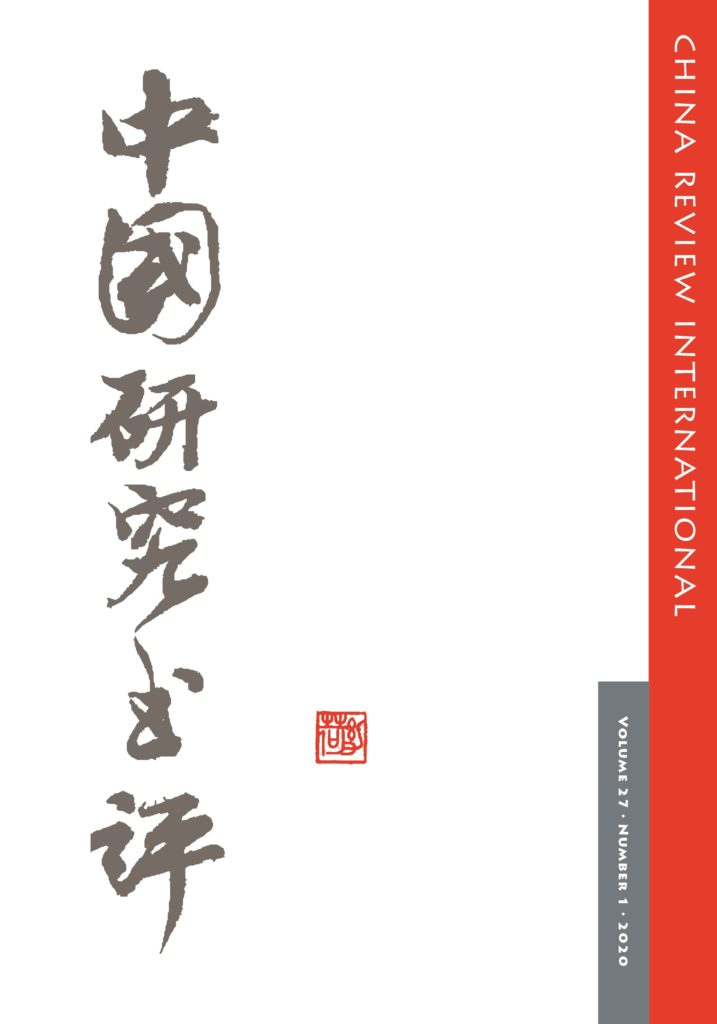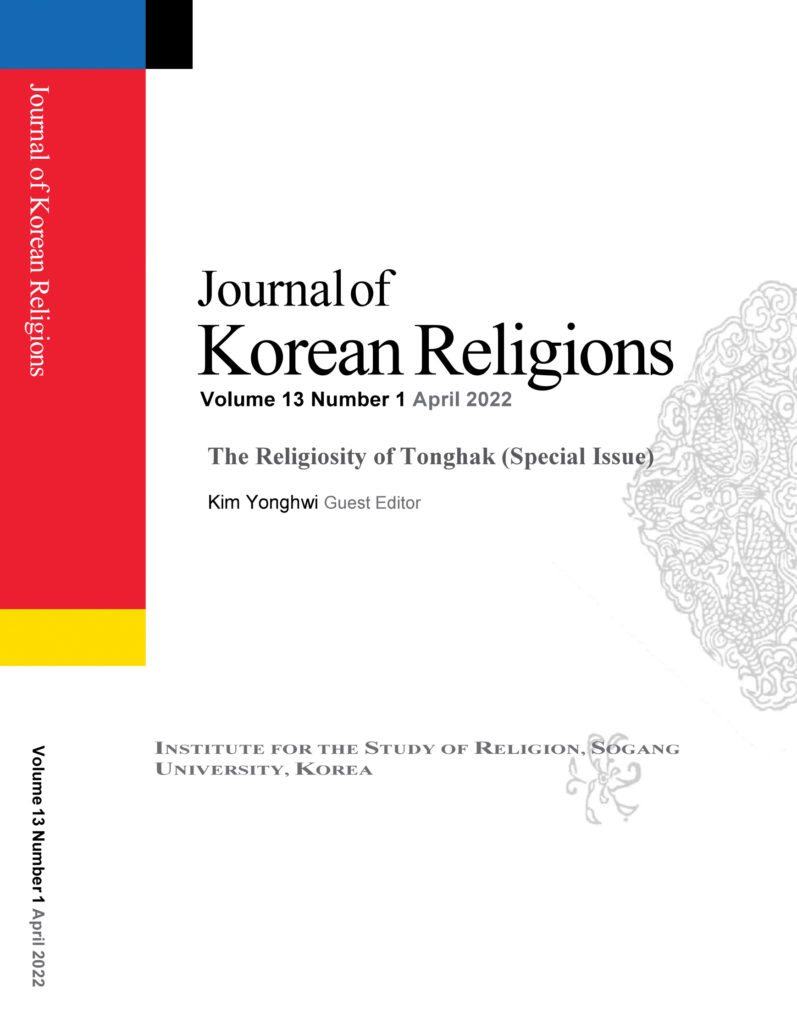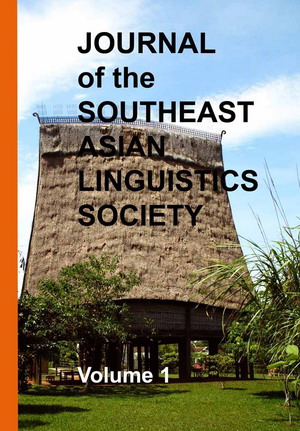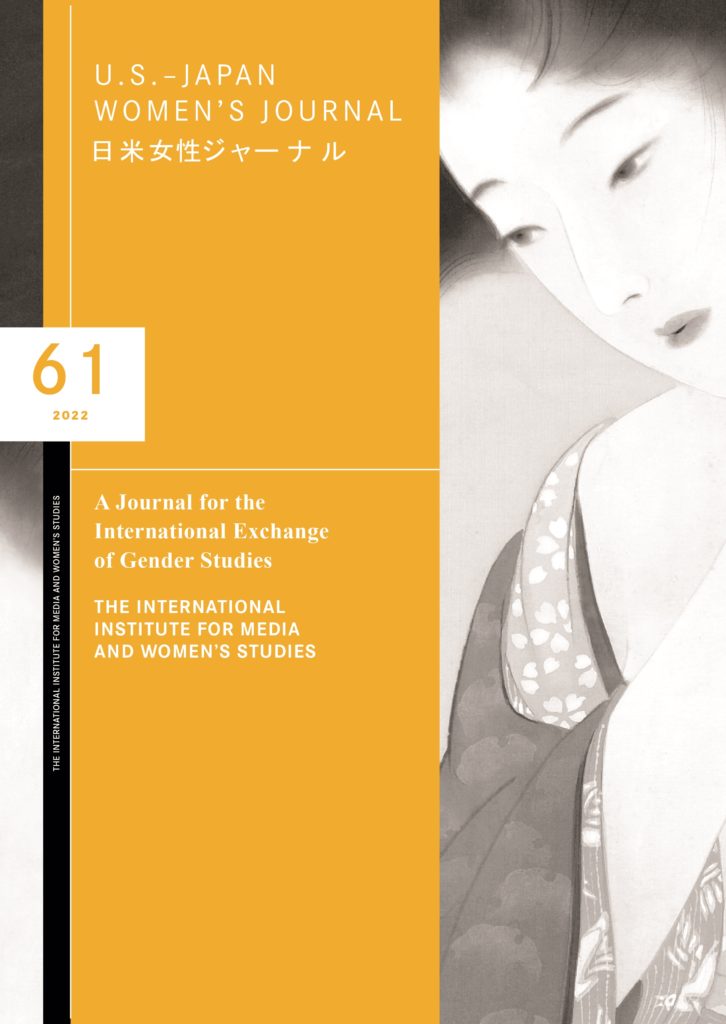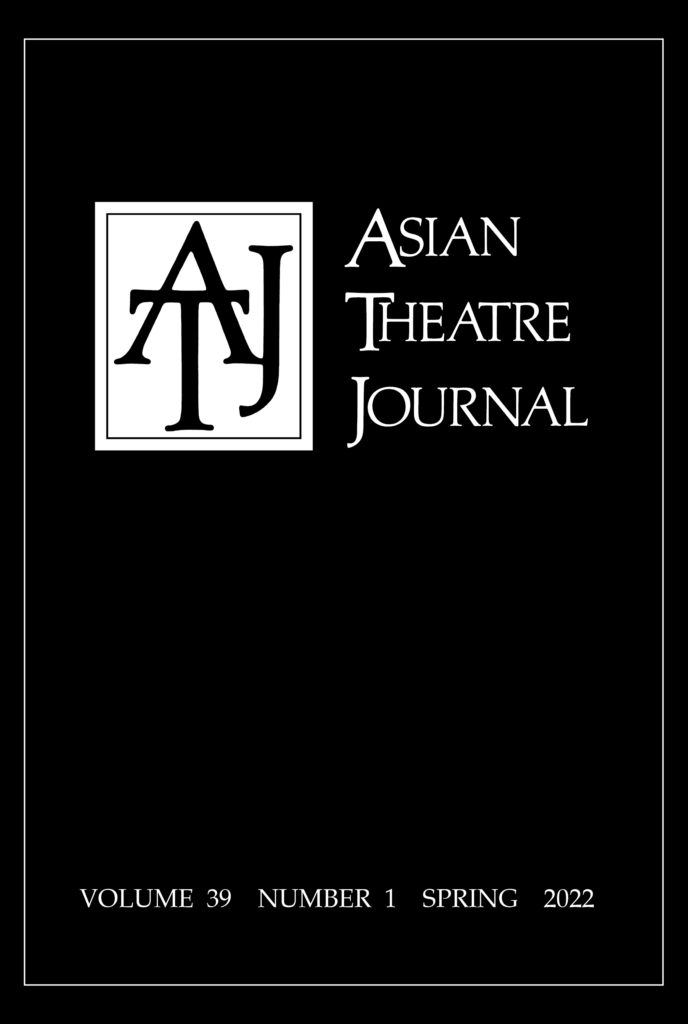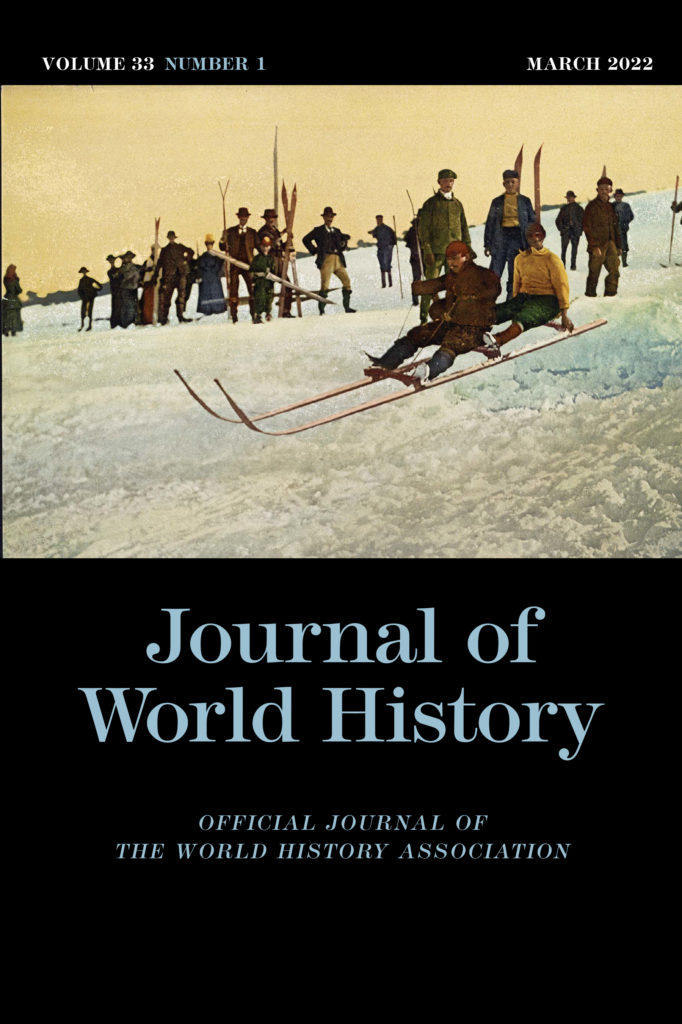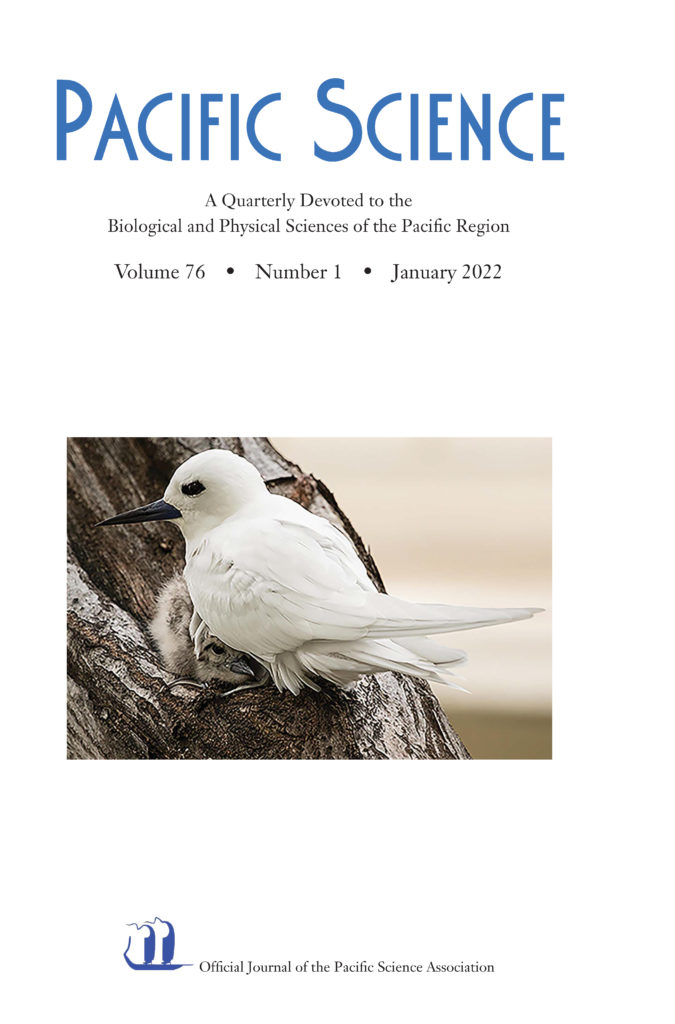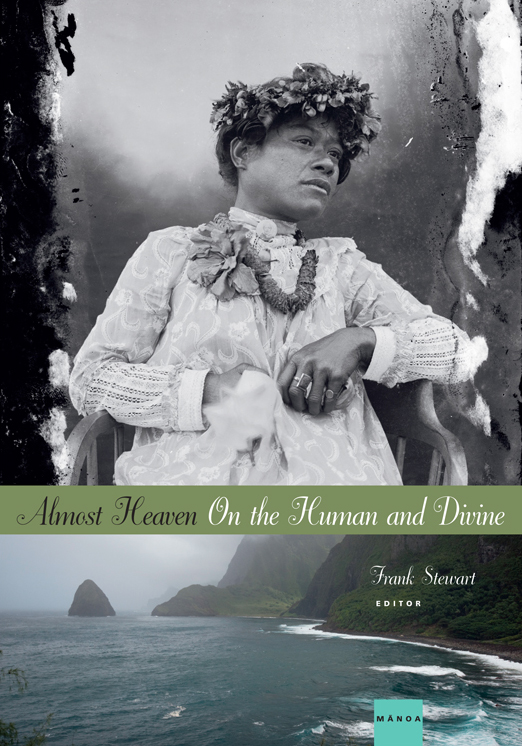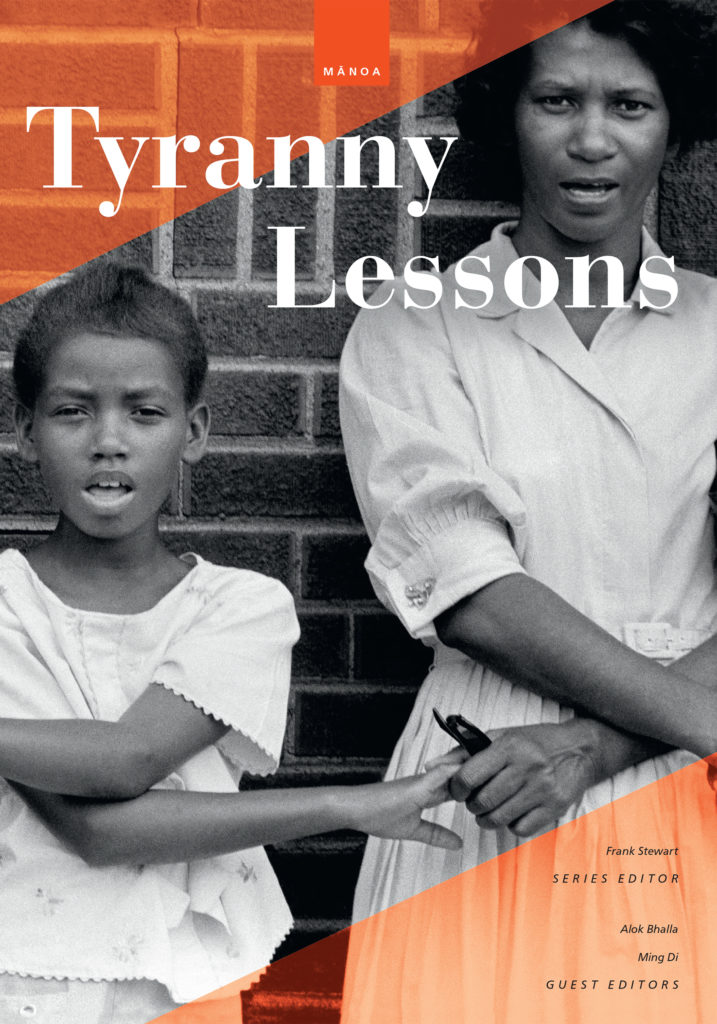Several of our editors and journals reflect on the changes in the last three years due to the COVID pandemic and how it has changed the face of life as we know it. Likewise editor Don Baker of Journal of Korean Religions established a special section in this issue to reflect on the changes to culture, finances, and rituals affected by lockdowns and the virus.
In his introduction Baker expresses the following:
In this issue, we have three articles delving into how Korea’s Christian communities-Catholic and Protestant-have dealt with a problem of the present: the COVID-19 pandemic. Christians place a lot of importance on regular weekly meetings for worship. The South Korean government, on the other hand, was concerned about those religious gatherings serving as venues for the spread of the deadly COVID-19 virus. Different Christian organizations in Korea responded in different ways to their government’s demand that they prioritize concern for public health and temporarily change the way their congregations gather for ritual expressions of their faith.
Articles featured:
“It Isn’t Just Us”: The Korean Catholic Church’s Responses to Corona-19 as Seen in Diocesan Bulletins
Franklin Rausch
The ceasing of public Catholic Masses just before Ash Wednesday 2020 in response to Corona-19 posed a significant problem as it meant Catholics could no longer easily receive Holy Communion, the center of Catholic faith life. Thus, one might have expected the Korean Catholic Church to oppose the limitation or cancellation of religious gatherings. But in fact, the opposite happened, with the Catholic Church being singled out for its support of such policies. This paper explores this response of Catholic leaders to Corona-19 and the theology that undergirded it through an examination of the bulletins of two archdioceses, Seoul and Daegu. It argues that the bulletins promoted a particular Catholic theology that understood adherence to public health measures as analogous to love of neighbor, and that such acts of love would bring a triumph over the virus.
Four Types of Protestant Responses to South Korean Government Measures to Control COVID-19 Outbreaks in 2020-2021
Timothy S. Lee
How did Korean Protestants respond to these anti-pandemic measures? This study seeks to address this question focusing on the period between February 1, 2020, when the Korea Center for Disease Control and Prevention first announced the discovery of the virus in a Protestant church, to November 1, 2021, when the “Living with COVID-19” policy was initiated. Along the way, the study examines tensions elicited by the measures and responses to them- not only between the government and the Protestant communities but also within the communities themselves. In the main, there were four types of Protestant responses to the government’s anti-pandemic measures, described in terms of their agents: willing compliers, begrudging compliers, amenable noncompliers, and defiant noncompliers.
Mediated Faith Coping with COVID-19: A Case Study of a Megachurch in South Korea
Seung Min Hong
While the Republic of Korea coped well with COVID-19 prior to the development of the vaccines, the major outbreaks of the virus in the country were largely caused and/or facilitated by several controversial Christian groups. There have also been many cases of smaller local churches spreading the virus due to their refusal to follow the government’s guidelines for religious gatherings. Meanwhile, major Korean media outlets have mostly focused on cases of uncooperative churches with the short disclaimer ‘the majority of Protestant churches are following the rules.’ What kind of experiences did those ‘cooperative’ churches have to go through then? This paper is a micro in-depth case study which explores a megachurch in South Korea that has supported the government’s safety measures.
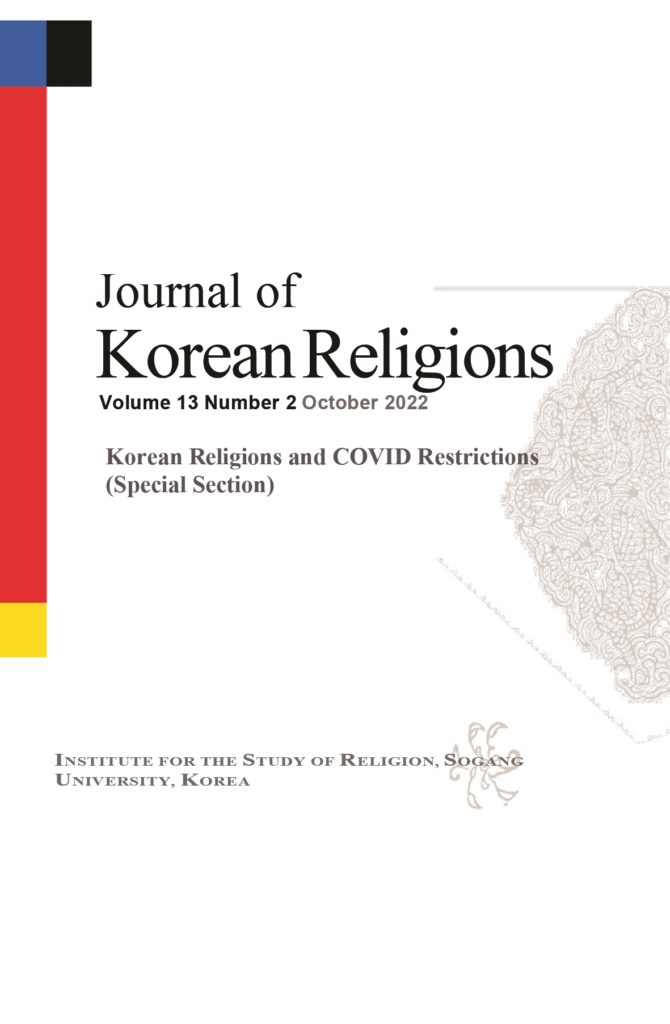
Journal of Korean Religions, Vol. 13, No. 2 (2022)
Special Section: Korean Religions and COVID Restrictions
Introduction to the Special Section: Korean Religions and COVID Restrictions
Don Baker
“It Isn’t Just Us”: The Korean Catholic Church’s Responses to Corona-19 as Seen in Diocesan Bulletins
Franklin Rausch
Four Types of Protestant Responses to South Korean Government Measures to Control COVID-19 Outbreaks in 2020-2021
Timothy S. Lee
Mediated Faith Coping with COVID-19: A Case Study of a Megachurch in South Korea
Seung Min Hong
Research Articles
The Korean Buddhist Military Chaplaincy and Modern “State-Protection” Buddhism: A Study of the Mass Military Faith Promotion Movement
Jonathan C. Feuer
JKR invites contributions from senior and junior scholars researching on any aspects of Korean religions from a wide range of perspectives, including religion, philosophy, theology, literature, folklore, art, anthropology, history, sociology, political science, and cultural studies. Articles submitted for consideration should be under 10,000 words in length (including footnotes: bibliographies and appendices are additional) and should not have appeared elsewhere or be under review for publication elsewhere. JKR also welcomes book reviews (up to 1,000 words) and review articles (up to 3,000 words).
Find Submission Guidelines for the Journal of Korean Religions here.






